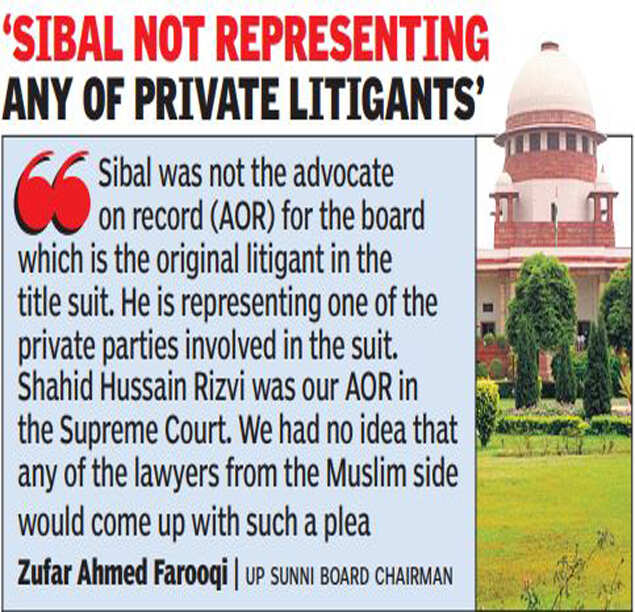



When Muawiyah decided to pass on leadership to his son, thus instituting a monarchial caliphate instead of an elective one (which was how it was for the first 4 caliphs), his grandson Hussein lead a revolt, and his small band of followers were killed in what amounted to a heroic and tragic last stand, which is the core of the Shia religious ceremonies of mourning.įrom then on, the split continued as the Shia continued to believe the blood descendants/relatives of Muhammad and Ali should lead Islam, where as the Sunni's viewed Ali was a good muslim and a good leader, but that "bloodline" was not the only criteria for leadership of the community. I want to check if you made a mistake, or if there's something counterintuitive going on there. So, Muawiyah passes the leadership onto his son, and his grandson revolts. Who are the future Sunnis, are who are the future Shi'ites in that story? So his grandson is revolting against his uncle or father? Or are they revolting together against the traditionalists who want to have elective leadership? i.e. Just a note here, the Sunni's take the side of Ali in the conflict (due to the Prophet foretelling that Ammar bin Yasir will be killed by the transgressing side, he was killed by Muawiyah's troops) However they differ in their doctrine of Imams - as you mentioned, the leaders. But what we (Sunnis) don't do is accuse the Muawiyah of being a disbeliever like the Shi'a do. We believe that both Muawiyah and Ali had their ijtihad, and Ali's was correct. The Shi'a have the view that all but around less than 20 of the Prophets companions became disbelievers after his death. Original Shi'ism was noted as just extreme love for the Ahlul Bayt - the Prohetic household, and most of the 11 (Edit: The 12th one doesn't exist) Imams were actually Sunni Muslims. The Shi'ism we know today originated around 600 years later, with the Saffavid dynasty.Īlso the reason why Sunni's have more rules is because of the fact that the Sunni's have a larger collection of hadith, whereas the modern Shi'a reject a number of the narrators of the hadith as they view them to be non Muslims.


 0 kommentar(er)
0 kommentar(er)
